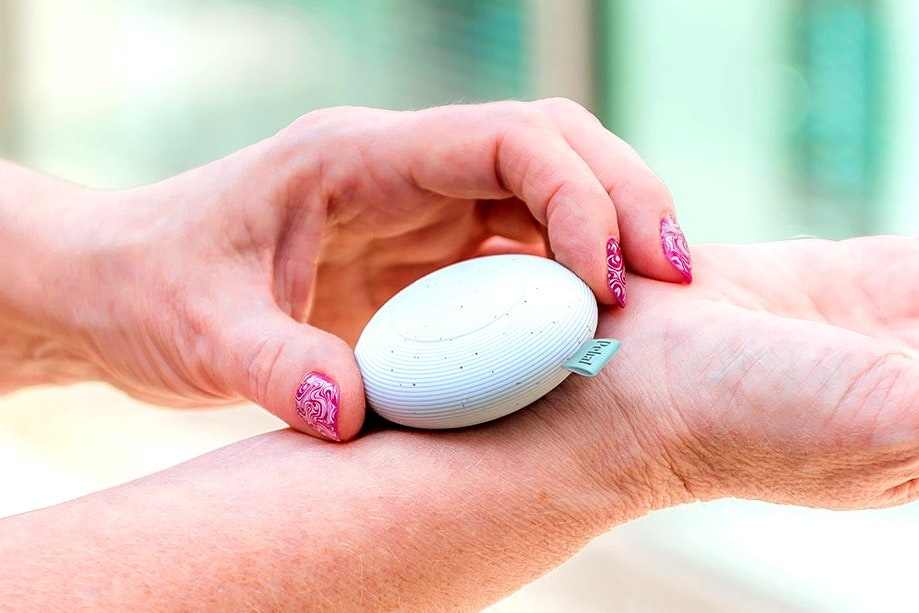Charlotta Tönsgård, founder of Swedish healthtech startup Kind, says she needs to grow her tech business outside of the local market. The product, which is like Slack but for specialist healthcare providers, requires scale for the economics to work.
But, instead of aiming to expand in Europe, she is looking to the Middle East and South America. According to Tönsgård this is because the regulation in Europe, as well as attitudes, makes innovations in healthcare exceptionally difficult.
“Europe has a big problem of legacy but also for not actually looking for solutions,” she says.
Tönsgård is not alone. While there are numerous healthtech companies trying to conquer Europe, notably telemedicine startups Kry and Doctolib, some have chosen to expand elsewhere.
Babylon Health is one example of this. After a broadly successful launch in the UK the mission as stated by founder Ali Parsa is to “put an affordable and accessible health service in the hands of every person on earth”.
However, Babylon is not launching in neighbouring European countries at the moment, instead opting for mature markets like Canada and African tech nations such as Rwanda.
Other companies have also flagged the difficulties of making profit in Europe. The Swedish digital health provider Docly recently stopped its pilot projects in Holland and France.
This is perhaps not surprising. In Europe not only does regulation differ between countries but often between regions as well. Differing procurement processes usually favour big companies rather than startups.
Although markets like France and Germany are gradually opening up their healthcare for digital solutions few companies can hold out for such a change. Kry, which has raised more than €50m, may be able to do this. Kind, on the other hand, which has raised less than €3.5m, cannot.
Being too early
Tönsgård says that Europe's healthcare system is a victim of its own early success.
“Europe was really early when it came to organising healthcare. But by being early this also means that the underlying systems, that were based on field hospitals, haven’t changed much. Instead, one has added more services but not in a very scalable way,” Tönsgård says.
“One can compare it to the plumbing systems in the UK. By being the first in the world to do it, the plumping was set on the outside of people’s houses. Today that seems pretty stupid but at the time it was revolutionary.”
Not looking for solutions
Part of the problem, says Tönsgård, is that these legacy systems are bad at identifying new solutions.
“The digital health providers across Europe has filled a void, but those digital care providers are actually not doing anything that the care systems themselves couldn’t do, but it was never on the agenda for them to do it until now,” Tönsgård says.
“That is the problem with Europe today — people within the systems are not looking for solutions to those challenges that healthcare is up against.”
She brings up the deficit in nurses across Europe. The is a problem in Sweden as much as it is in the UK but there are few, if any, trials to find a solution to the problem.
"Hospitals can compete on wages but in the end that only means that you might steal an employee from another healthcare provider. Part of the solution is that we need to start treating our skilled healthcare professionals as the scarce resource they truly are and start thinking about how to augment them,” Tönsgård says.
More fruitful markets beyond Europe
Looking beyond Europe the situation is somewhat different.
After a speech in London some time ago Tönsgård was asked why startups don’t look to expand on the African continent instead of Europe. Without a legacy system in place, countries like Tanzania have both the freedom and the need to set up an effective digital system from scratch.
“When we look at other markets, where healthcare is more competitive or where other forces are at work we can see that people within the healthcare system are more actively looking for solutions,” she says.
Growth abroad
Kind, which raised a seed round of €2.5m earlier this spring, has already managed to sell its communication tool to teams at three of the largest hospitals in Sweden. But the possibilities within a country of 10m people are limited.
“Sales and scaling are the two greatest challenges Kind has ahead. If you're selling pure software and are satisfied with Sweden as your market someone is paying you way too much,” says Tönsgård.
When it comes to expanding to markets outside of Europe Tönsgård is not sure about the African continent but has high hopes for markets in the Middle East and to a greater extent South America. With a background in telecoms she says she is aware of the pros, as well as the cons, of the South American market.
“It is a was a fast-moving market with high maintenance customers. It has all the key ingredients of an interesting market; it is digitally mature, it is substantial in size and there is a lot of pressure to do things right, both from consumers but also within the healthcare system itself. That is definitely a market we are interested in.”


